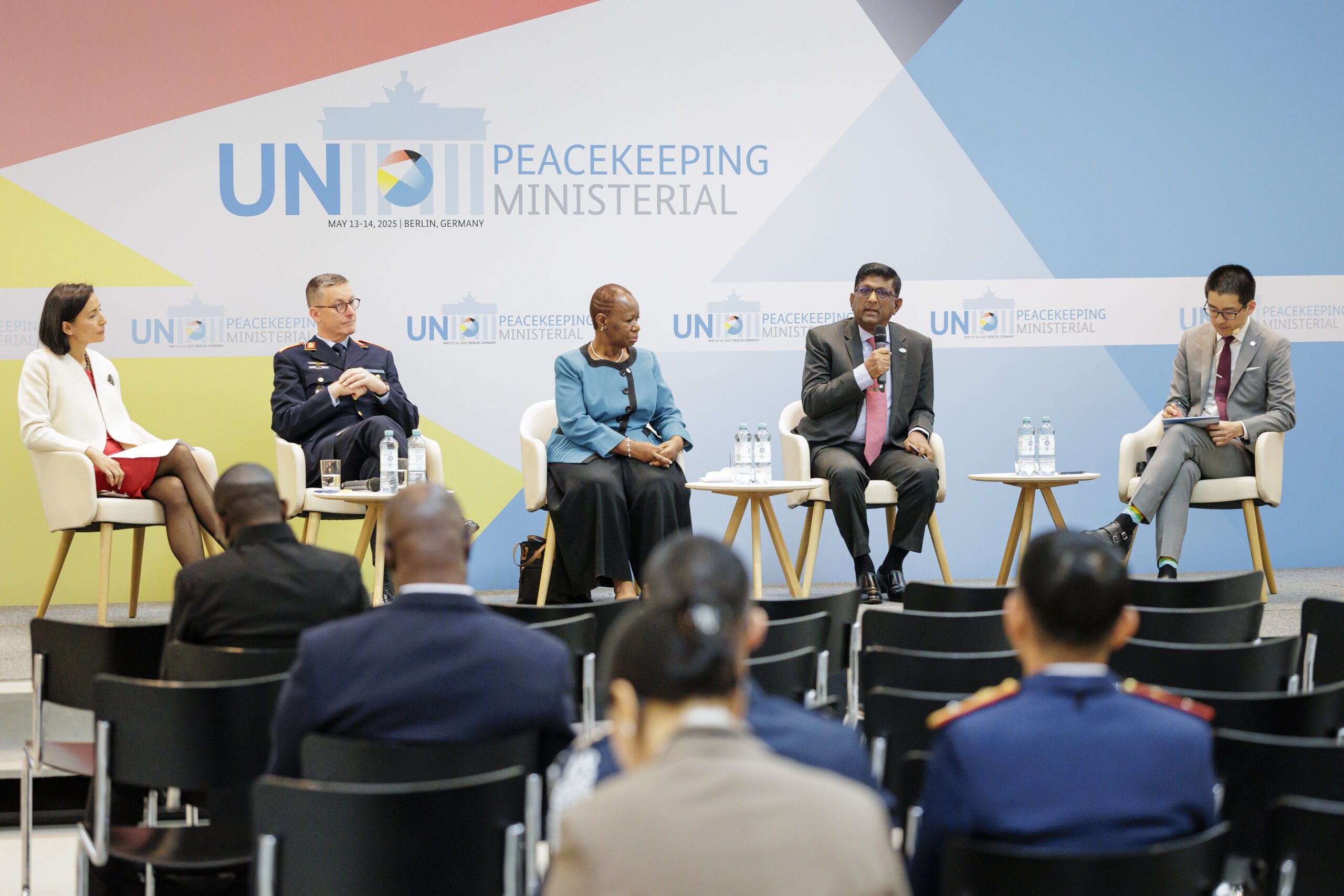

Array
(
[thumbnail] => https://s42831.pcdn.co/wp-content/uploads/2022/09/hero-placeholder-150x150.png
[thumbnail-width] => 150
[thumbnail-height] => 150
[medium] => https://s42831.pcdn.co/wp-content/uploads/2022/09/hero-placeholder-300x129.png
[medium-width] => 300
[medium-height] => 129
[medium_large] => https://s42831.pcdn.co/wp-content/uploads/2022/09/hero-placeholder-768x329.png
[medium_large-width] => 768
[medium_large-height] => 329
[large] => https://s42831.pcdn.co/wp-content/uploads/2022/09/hero-placeholder-1024x439.png
[large-width] => 1024
[large-height] => 439
[1536x1536] => https://s42831.pcdn.co/wp-content/uploads/2022/09/hero-placeholder.png
[1536x1536-width] => 1400
[1536x1536-height] => 600
[2048x2048] => https://s42831.pcdn.co/wp-content/uploads/2022/09/hero-placeholder.png
[2048x2048-width] => 1400
[2048x2048-height] => 600
[gform-image-choice-sm] => https://s42831.pcdn.co/wp-content/uploads/2022/09/hero-placeholder.png
[gform-image-choice-sm-width] => 300
[gform-image-choice-sm-height] => 129
[gform-image-choice-md] => https://s42831.pcdn.co/wp-content/uploads/2022/09/hero-placeholder.png
[gform-image-choice-md-width] => 400
[gform-image-choice-md-height] => 171
[gform-image-choice-lg] => https://s42831.pcdn.co/wp-content/uploads/2022/09/hero-placeholder.png
[gform-image-choice-lg-width] => 600
[gform-image-choice-lg-height] => 257
)
Global Peace Operations Review
AU-UN Partnership is a Necessity not an Option
As the African Union (AU) has become a stronger actor in peace operations, coordination with the United Nations Security Council has risen in importance.
Beyond just working together on a case-by-case basis, such as the Somalia hybrid mission, the two organizations are said to be seeking a broader and more complimentary relationship. In the last year, we have witnessed an increasing convergence with the development of the AU Common Position on the Peace Operations Review and Joint UN-AU Framework for an Enhanced Partnership in Peace and Security. These were followed by the recommendations stressing the important of partnership with regional organizations from High-level Independent Panel on Peace Operations (HIPPO) and the Secretary-General’s response to this seminal report. But it is not an easy task for the two organizations to converge. As preparations for a recent high-level meeting showed, there remain some institutional and political challenges that make working together inherently difficult for both organizations.
Competing agendas
The 10th annual Joint Consultative Meeting between the UN Security Council (UNSC) and the African Union (AU) Peace and Security Council (PSC) was held in New York on 23-25 May 2016. The meeting’s final agenda was set to discuss the crisis in Burundi and the mandate of the African Mission in Somalia (AMISOM), which expires at the end of May. It was dictated by the UNSC, with little compromise over the issues raised by the AU. The initial agenda proposed by the AU PSC members in mid-April included discussions on Western Sahara, South Sudan, Libya, Somalia, Burundi, Guinea-Bissau, and countering terrorism and violent extremism – all key challenges on the continent with global implications. On 25 April, the President of the Security Council responded proposing only two topics – Burundi and Somalia.
The UNSC said it preferred a more manageable agenda rather than a comprehensive one. The AU-PSC chair replied in early May stressing that if there was going to be a limited agenda, it should also include two other issues of high priority to Africa – the long-running conflict in Western Sahara and the reform of the Security Council. The UNSC President responded that Security Council reform is an agenda item of the UN General Assembly and it was not appropriate for the Council members to discuss this issue. Western Sahara could not be included as there was no agreement among its members about its inclusion. This left Burundi and Somalia as the only common ground – both of course important and central peace and security issues on the continent but certainly not the only pertinent concerns at the moment.
Complementing or duplicating?
Somalia had the greatest urgency as the AMISOM mandate was set to expire only days after the meeting on 30 May. In the long term, PSC member states support a re-hatting of AMISOM, the largest African peacekeeping operation, as a UN mission. In the short to medium term, the UN and EU are supporting it. A UNSC delegation paid a one-day visit to Somalia on 19 May. There are some differences in how to approach the financial, logistical and operational challenges facing this AU Mission. The PSC is pushing for greater funding of the AMISOM to pay for helicopters and increased troop allowances, which have suffered after a 20 per cent cut in EU funding caused a major shortfall. The focus on mission support issues is not be shared by the UNSC. The meetings draft communiqué was consistent with the key messages delivered during the Security Council’s visit to Somalia earlier in May when it called on Somali stakeholders to keep their commitment that there shall be no extension of the electoral process timelines. On 27 May, the UNSC voted to extend AMISOM’s current mandate as is until 8 July 2016.
The African Union, directly or not, is the most important partner of the UN in peacekeeping” – Under-Secretary-General for Peacekeeping Operations Hervé Ladsous
The AU PSC is deeply involved in Burundi, where it has plans to deploy some 200 human rights and military observers. The number of observers was increased from 35 to 200 following the visit of a High-Level Delegation of Heads of State and Government to Burundi in February 2016. So far, a third of those authorized have been sent to Burundi. The UNSC has attempted to be more involved by calling fora parallel deployment of a police component to monitor human rights and protect civilians, none of which have been sent due to objections by the host government. The draft joint communiqué reiterated the members’ deep concern about the continuing political impasse and violence in the country, as well as the attendant serious humanitarian consequences without taking any new action. This meeting ended with no movement on a months long stalemate.
The UN Secretary General Ban Ki-moon had outlined policy options regards to Burundi in a letter to the UNSC suggesting members deploy one of the following:
- A police component of 3,000 in order to protect civilians, monitor human rights and promote the rule of law;
- An unarmed police component dedicated to the monitoring of human rights violations; or
- A police component of 20–30 staff that would mentor the Burundian national police in the areas of rule of law.
The AU’s reaction to the UN Secretariat’s proposal was mixed. While it welcomed the involvement of the UN, the AU Commission correctly underlined the fact that the mandate of a UN police component would duplicate the role of its own human rights observers. This highlights need for better strategic alignment between AU and UN objectives and field presences that is based on the recognition of each other’s strengths and informed by principles of complementarity and burden sharing.
Co-dependent partners
The importance of this relationship is clearly recognized. At the Open Debate as part of this two-day meeting, Under-Secretary-General for Peacekeeping Operations Hervé Ladsous said “the African Union, directly or not, is the most important partner of the UN in peacekeeping.” Ethiopia’s Permanent Representative Amb. Tekeda Alemu told a related seminar “the mutual dependence of the UN and the AU for effective peace operation has made their partnership indispensable for both.” This relationship is not only important because the crises and conflicts in Africa take up the largest portion of the time of the UN Security Council, but also because African capacities are an important resource for UN peacekeeping. Africa contributes approximately 51 per cent of all the UN’s uniformed peacekeepers, 60 per cent of its international civilian peacekeepers and 80 percent of its national peacekeeping staff. This is an increase in contributions from 10,000 peacekeepers ten years ago to more than 53,000 today. There is no denying the value the AU plays in regards to UN mission especially regarding stabilization forces.
The peace operations that the AU undertakes are to a large extent a regional response to global problems. Most African conflicts are global in the sense that they are heavily influenced, if not driven, by external factors such as the global war on terror; the UN-NATO-led intervention in Libya; the exploitation of natural resources by multinational companies; capital flight facilitated and solicited by the international financial system; and transnational organized crime, driven by markets in the West and Asia for narcotics, human trafficking, timber and illegally caught fish. Effective African peace operations represent a significant contribution to the global common good.
With the changing nature of conflict and rise of extremist violence, there is a greater need for forces that can act where there is no peace to keep and who can be tasked to neutralize the spoilers of peace. The AU has a proven track record of being able to deploy fast and a willingness to use force to stabilize a conflict situation such as in CAR and Somalia. Such peace enforcement and counter-terror operations fall outside current UN peacekeeping doctrine. But the AU does not have the capacity to develop multi-dimensional missions that can sustain peace over the long-term. This is where the UN’s ability to recruit a large civilian component in every mission and its predictable funding give it a competitive advantage. Hybrid missions such as the United Nations–African Union Mission in Darfur (UNAMID) and the UN’s support for AU missions like AMISOM show that a strategic relationship between the two institutions is possible and useful to managing conflict on the continent.
Partnership is a necessity
In the quest for better coordination, there are some challenges. While PSC member states recognize the primacy of the UNSC in matters of international peace and security, there is growing frustration about the perceived unwillingness of the UNSC to fulfill this duty. There is also frustration with the lack of financial support the AU receives from the UN for those tasks the AU is undertaking on behalf of the UNSC in the global public interest. The PSC feels that for the AU to be strong the UNSC should not only authorize it to take responsibility for maintaining international peace and security in Africa, but it should properly resource it to do so.
In 2015, African heads of state decided that by 2020 they would pay for at least 25 per cent of the AU’s peace and security activities. In order to realize this goal, the AU has appointed Dr. Donald Kaberuka, the outgoing President of the African Development Bank, as the High Representative for the AU Peace Fund. He has been tasked with putting in place a clear road map for financing the AU’s peace and security activities.
An effective relationship between the AU and UN is not just an option. The UN Assistant Secretary-General for Peacekeeping Operations El Ghassim Wane called it “an absolute necessity” as neither organization has the capabilities to face these challenges alone. Over the past decade, there has been some improvement in this regard. Security Council members and PSC members have held annual joint meetings since 2007, alternating between their respective headquarters. The last meeting between members of the two Councils was held at the AU headquarters in Addis Ababa in March 2015. Council members also met informally with members of the AU PSC in Addis Ababa in January this year after a visit to Burundi to discuss the situation in that country. The AU-UN Joint Task Force has convened and desk-to-desk meetings held, which together have shown a growing commitment to structurally bringing the organizations together.
Beyond Somalia and AMISOM, there is collaboration in mediation processes, including Sudan, where the AU is leading the mission with UN contributions and in South Sudan, where the UN is leading the process with AU Support. The AU has built up its capacity to respond to crisis and support peace operations over the past decade. In Mali and CAR, the AU was the first responder followed-up with a UN mission.
Towards a broader relationship
When the AU intervenes in a conflict in Africa it show a form of solidarity and how the organization is taking responsibility for resolving problems on its own continent. These interventions often have close coordination with national governments as well as other partners such as the EU and the Regional Economic Communities (RECs). African peace operations should be seen as different to UN peacekeeping operations, but complimentary to each other. The AU does peace enforcement and the UN peacekeeping. But the relationship could be stronger, deeper, and wider. As the recent UNSC and AU PSC shows, Africa wants to do more than just provide boots on the ground as part of this relationship. The next step for the two bodies will be to move beyond the narrow agenda of the numbers of troops or police and who pays for them to a much broader outlook of working together to resolve the political problems underlying Africa’s conflicts.
Lesley Connolly has recently joined the Center for Peace Operations at the International Peace Institute. She is the former research assistant at the Center on International Cooperation. Twitter | @lesleyconnolly3
More Resources
-

-

Reflections on the 2025 Peacekeeping Ministerial
Eugene Chen
Stay Connected
Subscribe to our newsletter and receive regular updates on our latest events, analysis, and resources.
"*" indicates required fields


